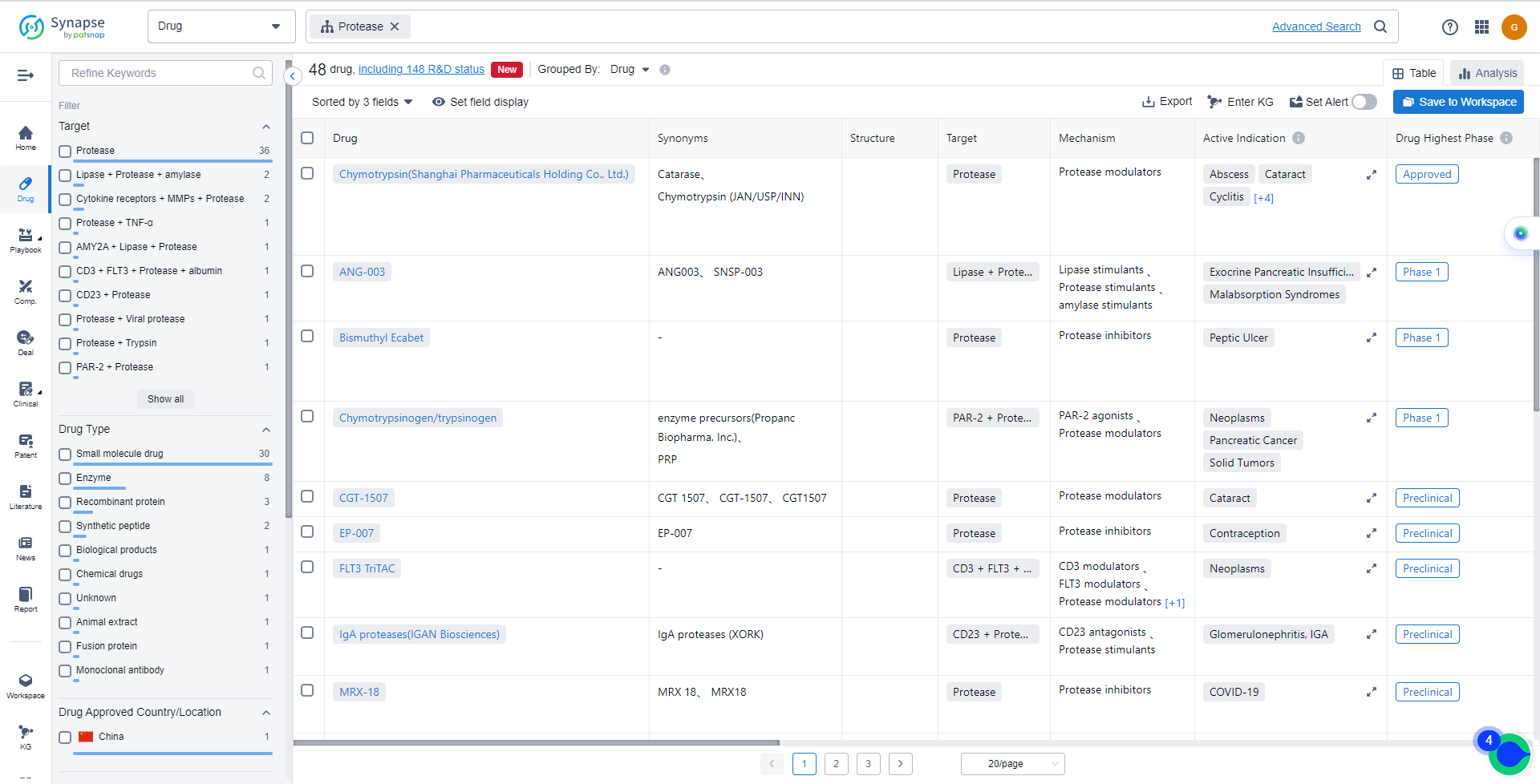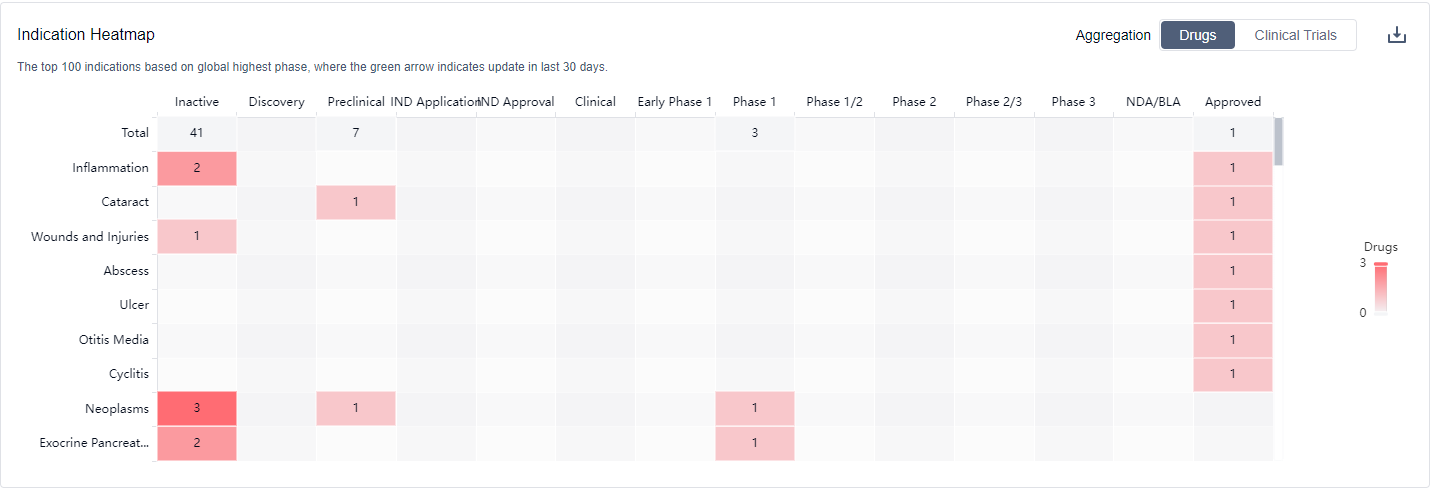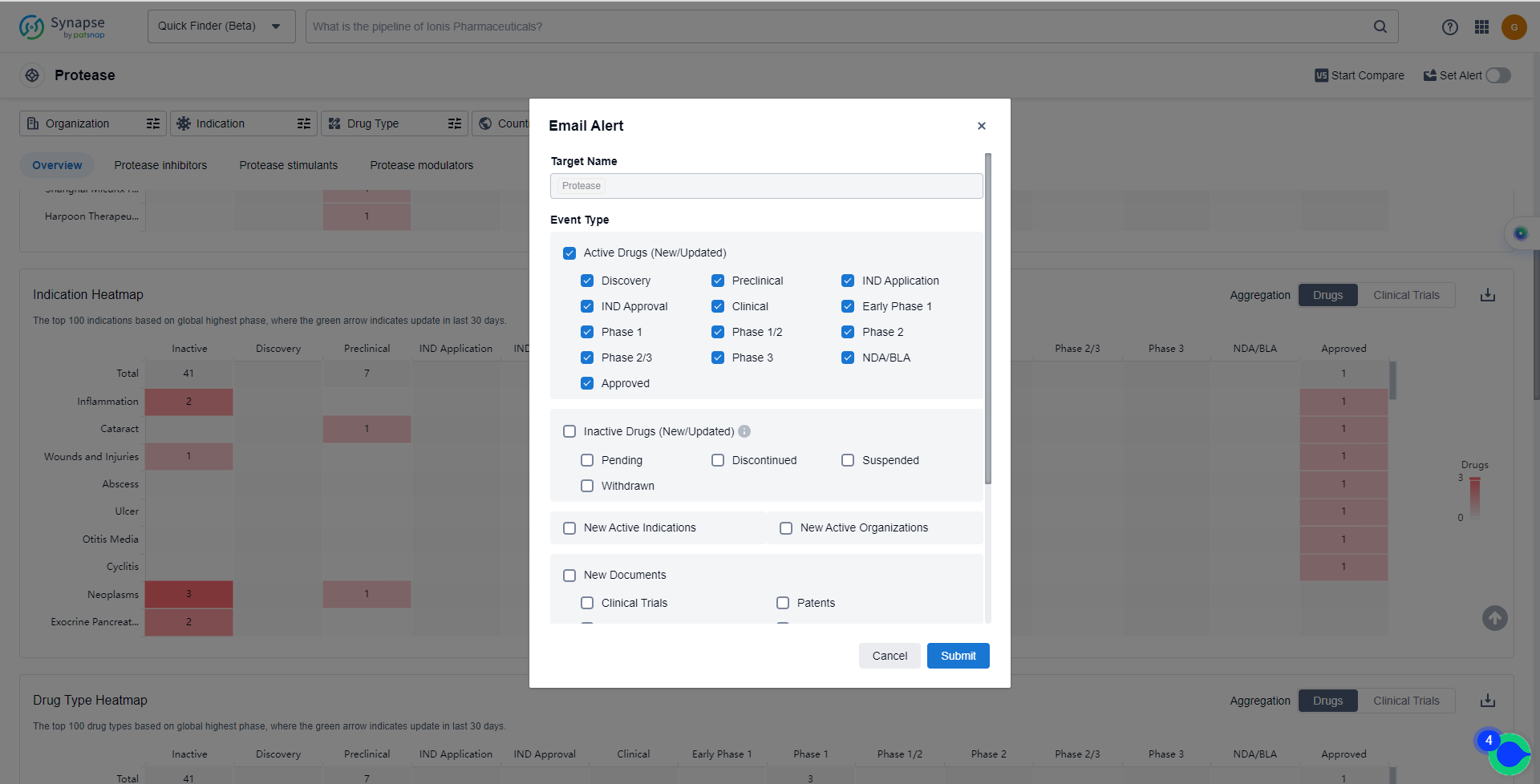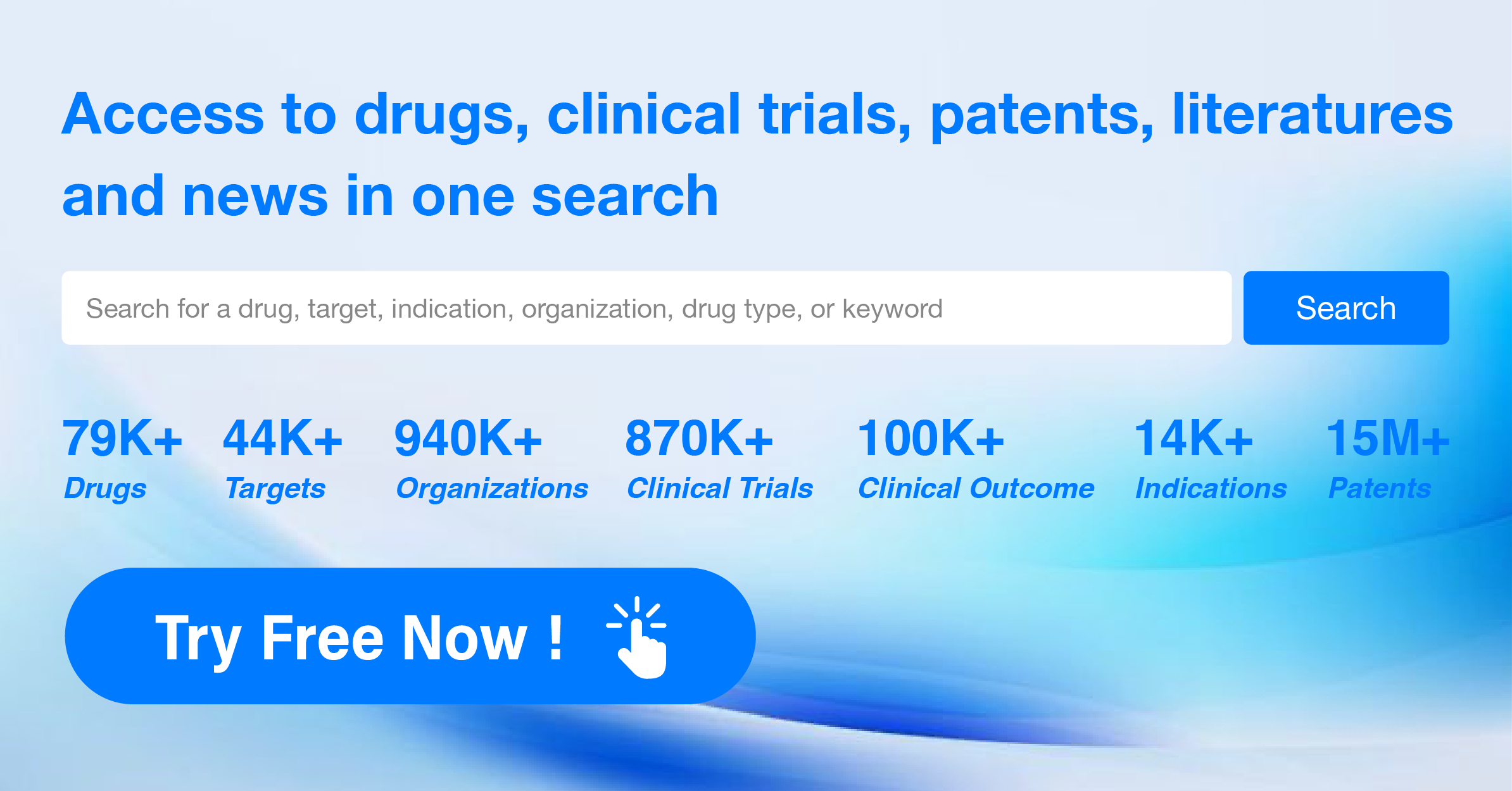Understanding Proteases Inhibitors and Methods to Keep Abreast of Their Recent Developments
Proteases are enzymes that play a crucial role in the human body by breaking down proteins into smaller peptides or amino acids. These enzymes are involved in various physiological processes, including digestion, blood clotting, immune response, and cell signaling. Proteases help in the breakdown of dietary proteins into absorbable nutrients, aiding in digestion and nutrient absorption. They also regulate blood clotting by activating clotting factors. Additionally, proteases are involved in immune response by degrading foreign proteins and pathogens. Furthermore, these enzymes participate in cell signaling pathways, influencing various cellular processes such as growth, differentiation, and apoptosis. Overall, proteases are essential for maintaining proper protein homeostasis and ensuring the normal functioning of the human body.
Viral proteases are a class of enzymes that hydrolyze the peptide chain structure of proteins and are essential enzymes for viral biosynthesis. Their function is to cleave and modify precursor proteins to obtain mature active proteins, thereby exerting normal physiological functions. Proteases play a crucial role in the life cycle of viruses, and proteases of different viruses have a certain degree of similarity. Therefore, viral proteases have become ideal targets in the development of broad-spectrum antiviral drugs. Most of the antiviral drugs approved by the Food and Drug Administration (FDA) are peptide analogs and macrocyclic compounds. They bind to the active site of the target protease, thereby exerting antiviral effects. Protease inhibitors against AIDS and Hepatitis C virus are the most innovative sources in the development of antiviral drugs, with at least half of antiviral drugs used to treat AIDS. FDA-approved protease inhibitors for AIDS include saquinavir, indinavir, ritonavir, nelfinavir, amprenavir, fosamprenavir, lopinavir, atazanavir, tipranavir, darunavir, and combination preparations.
The analysis of the target Protease in the pharmaceutical industry reveals a competitive landscape with companies at different stages of development. Shanghai Pharmaceutical (Group) Co., Ltd. is leading with an approved drug, while other companies are in Phase 1 or Preclinical stages. The approved indications cover a wide range of medical conditions, indicating the potential therapeutic applications of drugs targeting Protease. The drug types progressing rapidly include Enzyme, Small molecule drug, and Chemical drugs, with biosimilars contributing to intense competition. China, the United States, and European countries are actively developing drugs targeting Protease. The future development of the target Protease will depend on the success of ongoing research and development efforts, as well as the ability of companies to bring innovative drugs to market.
How do they work?
Protease inhibitors are a class of drugs that inhibit the activity of proteases, which are enzymes responsible for breaking down proteins. Proteases play a crucial role in various biological processes, including digestion, blood clotting, and immune response. By inhibiting proteases, protease inhibitors can interfere with these processes and have therapeutic effects.
From a biomedical perspective, protease inhibitors are commonly used in the treatment of viral infections such as HIV/AIDS. HIV protease inhibitors specifically target the protease enzyme of the human immunodeficiency virus (HIV), preventing it from cleaving viral polyproteins into functional proteins. This inhibition disrupts the viral replication cycle and helps control the progression of HIV infection.
Protease inhibitors can also be used in the treatment of other medical conditions, including hepatitis C, cancer, and certain autoimmune disorders. In cancer therapy, protease inhibitors can help prevent the growth and spread of tumors by blocking proteases involved in tumor invasion and angiogenesis.
It is important to note that protease inhibitors can have side effects and may interact with other medications. Therefore, their use should be carefully monitored and prescribed by healthcare professionals.
List of Protease Inhibitors
The currently marketed Protease inhibitors include:
- Chymotrypsin(Shanghai Pharmaceuticals Holding Co., Ltd.)
- ANG-003
- Bismuthyl Ecabet
- Chymotrypsinogen/trypsinogen
- CGT-1507
- EP-007
- FLT3 TriTAC
- IgA proteases(IGAN Biosciences)
- MRX-18
- Aprotinin(Bayer Ag)
For more information, please click on the image below.
What are Protease inhibitors used for?
Protease inhibitors are commonly used in the treatment of viral infections such as HIV/AIDS. For more information, please click on the image below to log in and search.
How to obtain the latest development progress of Protease inhibitors?
In the Synapse database, you can keep abreast of the latest research and development advances of Protease inhibitors anywhere and anytime, daily or weekly, through the "Set Alert" function. Click on the image below to embark on a brand new journey of drug discovery!








